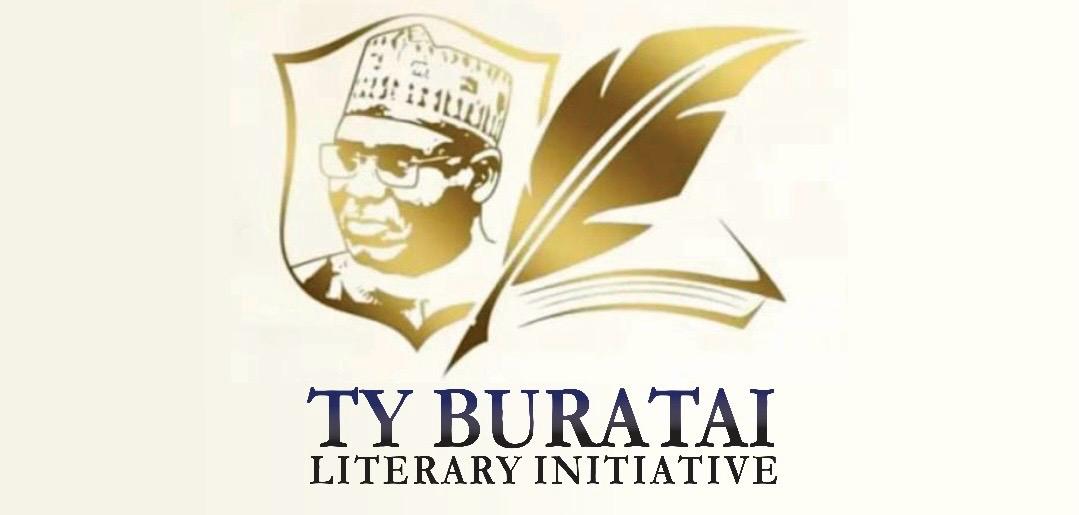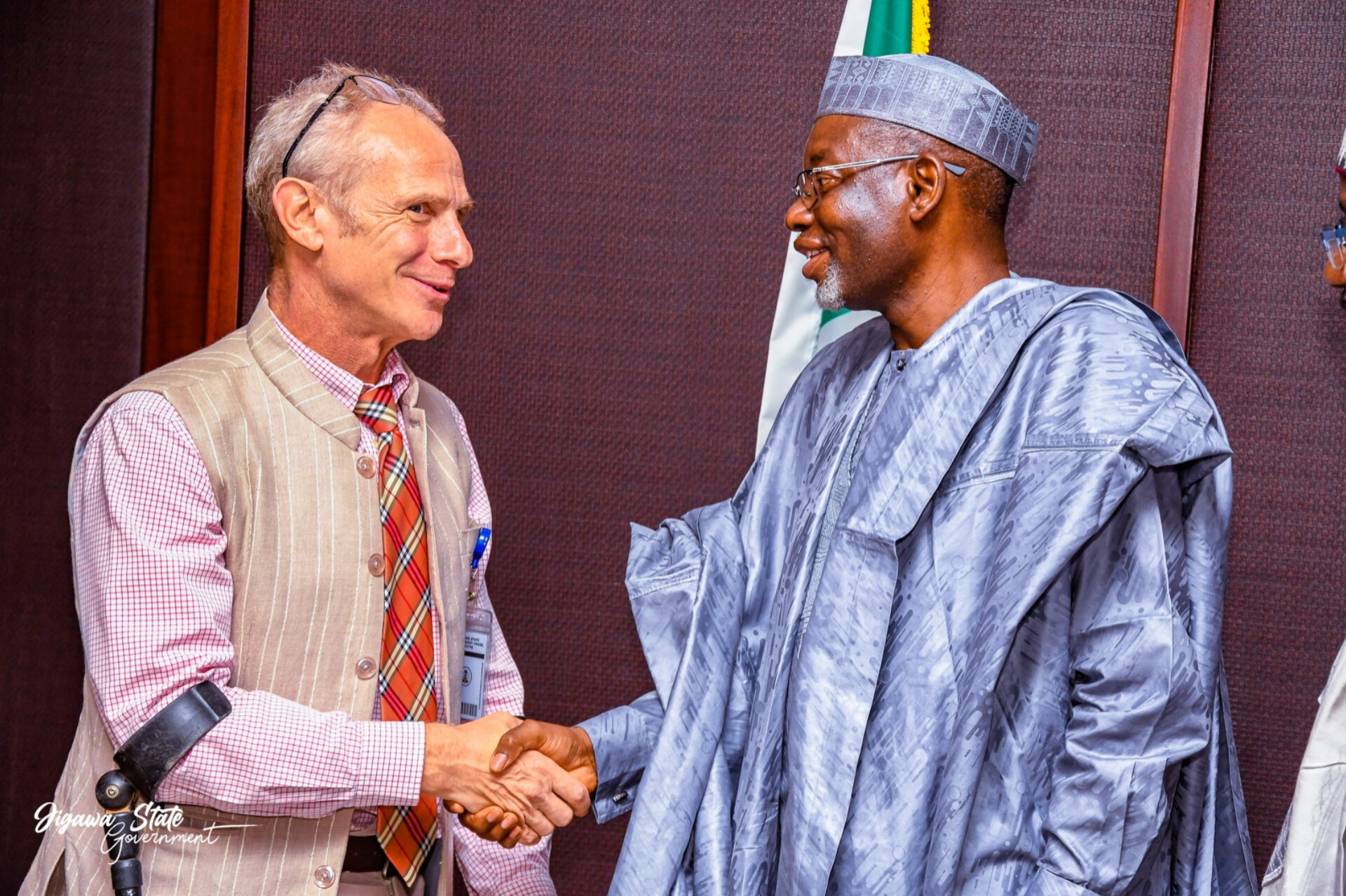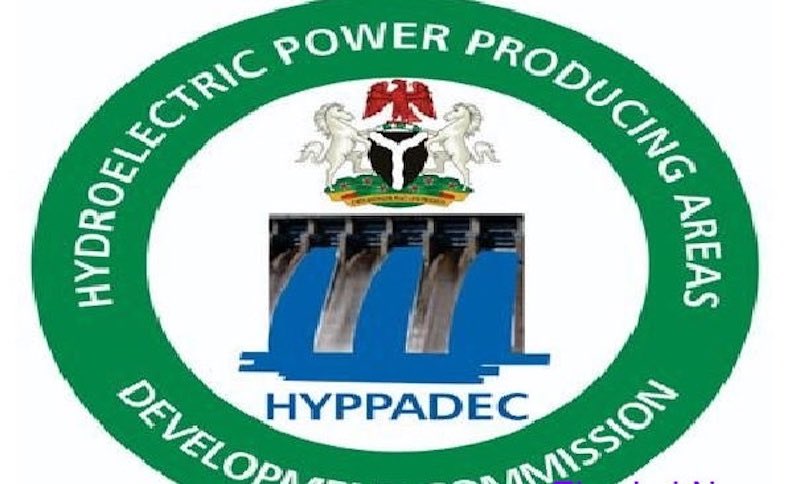As a parent and former academic, I share the joy of countless Nigerian parents and students who have benefited from the Nigerian Education Loan Fund (NELFUND). My extensive experience as a lecturer, which included roles such as a course advisor, participation in the Dean of Student Affairs scholarship committee, and membership of the Senate of the University of Lagos, the highest decision-making body—afforded me invaluable insights into the challenges faced by students from various backgrounds, particularly those from low-income families. It has been gratifying to witness NELFUND, where I currently serve as Executive Director of Finance and Administration, make a significant impact on the lives of these students.
In addition to my academic contributions, I have also served in significant leadership roles, including as a Director at the Federal Inland Revenue Service (FIRS) and later as an Executive Director at the Police Trust Fund. These roles further strengthened my commitment to public service and my ability to impact critical sectors.
Reflecting on NELFUND’s journey, I am proud to say it has defied sceptics. In a remarkably short time, the agency has optimised its processes and consistently fulfilled its mandate. The successful implementation, transparency, and growing public support for the student loan scheme have validated its purpose and confirmed the need for its creation. NELFUND is now a trusted resource for students across Nigeria, helping to transform their aspirations into reality, regardless of their background.
The report below analyses the Nigeria Education Loan Fund (NELFUND) in Nigeria, focusing on institutional participation, loan applications, and loan disbursements from its inception (April – Sept. 2024). The analysis highlights significant regional disparities in loan application and disbursement patterns, with the North Central zone leading. Followed closely by the South West, the South East recorded the lowest figures in both categories. The distribution of public Universities, Polytechnics and Colleges of Education underscore a preference for university- level education, which has the highest number, followed closely by polytechnics and colleges of education. Additionally, the report reveals a notable gender disparity in loan distribution, with 83% of loans awarded to male applicants, raising concerns about inequality in access to educational funding. The data also indicates a steady rise in loan disbursements, reflecting increasing demand and responsiveness within the funding system.
PUBLIC UNIVERSITIES, POLYTECHNICS, AND COLLEGES OF EDUCATION ENLISTED ACROSS NIGERIA’S GEOPOLITICAL ZONES.
PUBLIC UNIVERSITIES ENLISTED
TOTAL NUMBER OF PUBLIC UNIVERSITIES ENLISTED: 116
Universities are the most prevalent institutions across Nigeria, forming the backbone of higher education. The South West zone leads with 24 public Universities,
In contrast, the North East has only 14.
PUBLIC POLYTECHNICS ENLISTED

Source: PRS Department NELFUND
TOTAL NUMBER OF PUBLIC POLYTECHNICS ENLISTED: 73
Polytechnics in the South West has a strong presence, totalling 19 Conversely, the South East has the fewest polytechnics at 9.
PUBLIC COLLEGES OF EDUCATION ENLISTED
TOTAL NUMBER OF PUBLIC COLLEGES OF EDUCATION ENLISTED: 68
Public Colleges of Education, which play a vital role in teacher training, are most prevalent in the North East, with 15 institutions. Conversely, the South East has the lowest number of education colleges at 5.
North West Zone
Universities: 21
Polytechnics: 10
Colleges of Education: 12
The North West shows a balanced distribution, with universities being the most prevalent.
North East Zone
Universities: 14
Polytechnics: 11
Colleges of Education: 15
In contrast, the North East has the highest number of colleges of education, although the number of universities is relatively low.
North Central Zone
Universities: 19
Polytechnics: 11
Colleges of Education: 14
The North Central Zone exhibits a balance among the three types of institutions, with universities leading slightly.
South East Zone
Universities: 16
Polytechnics: 9
Colleges of Education: 5
The South East has a strong university presence, but the significantly lower number of colleges of education.
South South Zone
Universities: 22
Polytechnics: 13
Colleges of Education: 7
Similar to the South East, the South South zone have a high number of universities, with fewer colleges of education.
South West Zone
Universities: 24
Polytechnics: 19
Colleges of Education:15
The South West leads in the total number of institutions across all types. With a strong presence of universities and polytechnics.
2. TOTAL APPLICATIONS ACROSS NIGERIA’S GEOPOLITICAL ZONE
Geopolitical Zone
Applications
North Central
702,845
South West
543,120
South South
413,698
North West
389,715
South East
328,504
North East
267,812
TOTAL NUMBER OF APPLICATIONS: 2,645,694
North Central recorded the highest number of applications, with a total of 702,845.
South West followed with 543,120
South South registered 413,698 applications, placing it in the middle of the
North West recorded a closely similar figure, with 389,715
South East reported 328,504
North East had the fewest applications, with 267,812
3.TOTAL PUBLIC INSTITUTIONS ENLISTED ACROSS NIGERIA’S SIX GEOPOLITICAL ZONES
TOTAL NUMBER OF INSTITUTIONS ENLISTED: 257 TOTAL NUMBER OF STUDENTS ENLISTED: 2,645,694
Geopolitical Zone
Applications
North Central
702,845
South West
543,120
South South
413,698
North West
389,715
South East
328,504
North East
267,812
South West leads with 58 institutions which emerges the highest compared to other
North Central follows with 50 institutions, highlighting the region’s commitment to expanding educational access, particularly in states like Abuja and
Both South South and North West have 46 institutions each, showing steady growth as institutions increasingly recognise the benefits of financial programs.
North East has 42 institutions, demonstrating resilience in the face of socio-economic challenges, with potential for increased participation in NELFUND.
South East has the fewest with 37 institutions, suggesting a need for targeted outreach to encourage more schools to access funding opportunities.
TREND IN LOAN DISBURSEMENT (1ST TO 5TH DISBURSEMENT)
SOURCE: PRS Department NELFUND
BATCH
AMOUNT
1st Disbursement
₦1,154,893,670.20
2nd Disbursement
₦2,013,478,290.50
3rd Disbursement
₦2,924,826,945.70
4th Disbursement
₦5,075,349,621.60
5th Disbursement
₦7,215,681,809.40
TOTAL
₦18,384,230,337.40
1st to 2nd Disbursement: An increase of ₦858,584,620.30, representing a 7.5% rise.
2nd to 3rd Disbursement: An increase of ₦911,348,655.20, representing a 3.7% rise.
3rd to 4th Disbursement: A sharp increase of ₦2,150,522,675.90, approximately 73.5%.
4th to 5th Disbursement: Another substantial increase of ₦2,140,332,187.80, reflecting a 1.2% rise.
Exponential Growth in Later Disbursements:
The amount disbursed nearly doubles between the 3rd and 5th disbursements, indicating a significant surge in loan demand or an increase in available funds. The 5th disbursement totals ₦7,215,681,809.40, which is over six times the initial disbursement amount.
5. LOAN DISTRIBUTION ACCORDING TO GENDER
GENDER
VALUE
PERCENTAGE
MALE
₦15,317,160,180.21
83%
FEMALE
₦3,157,723,515.19
17%
Males: 83% (₦15,317,160,180.21) of the total loans were disbursed to males.
Females: 17% (₦3,157,723,515.19) of the total loans were disbursed to females.
Significant Gender Gap:
There is a clear disparity in loan distribution, with males receiving a considerably larger share. The 83% to 17% split indicates a 52% (₦12,159,436,665.02) gap, suggesting that males and females benefit disproportionately from loan disbursements.
Potential Factors Contributing to Disparity:
Higher application rates for loans among males.
Enrolment ratios in institutions, with more males than females.
Since its inception, NELFUND has partnered with 257 tertiary institutions, including 112 public universities, 71 polytechnics, and 74 colleges nationwide. To date, we have collected data on 4,458,389 students, including 3,542,365 university students, 702,045 polytechnic students, and 732,458 from education colleges. Moreover, we have disbursed over N7.4 billion to students, with N6.4 billion allocated for tuition and N1billion for living allowances. So far, 64,730 students have benefited from our scheme. Recently, we registered 485,924 students, with 326,534 applying for upkeep and allowances totaling N74 billion, while 83,995 students requested loans for tuition, resulting in a total loan request of over N92 billion. Notably, the Northwest has the highest loan requests at 25%, followed by the Northeast at 23% and the North-Central at 22%.
In addition to being interest-free, NELFUND’s loan processes are fully digitized, convenient, and do not require borrowers to be physically present. Borrowers must only repay 10% of their salary or income once gainfully employed. Should a borrower remain unemployed for two years post-
National Youth Service Corps (NYSC), NELFUND will provide them with understanding rather than pressure. In cases of permanent disability or death, loans are forgiven. Unlike the belief that solid connections are necessary to access government services, NELFUND employs a data-driven strategy that minimizes political influence and external pressures. We are setting a new benchmark for public service and rebuilding trust within the community. I firmly believe that student loans foster fairness and social justice by giving low-income students access to higher education equal to their more privileged peers.
The bill, spearheaded by Hon. Femi Gbajabiamila, marks a significant milestone in the development of Nigeria’s tertiary education sector. As the architect of this progressive initiative, Hon. Gbajabiamila deserves commendation for his vision and dedication to addressing the gaps in education and professional qualifications in Nigeria. This legislation addresses the critical challenge of equivalency between Higher National Diplomas (HND) and university degrees, ensuring fair recognition of polytechnic graduates and enabling them to compete on equal footing with their university counterparts in the labor market.
It is worth noting that the disparity between HND holders and university graduates has long been a source of contention. With over 50 polytechnics and 200 universities in Nigeria, this bill promises to provide a unified framework that will harmonize qualifications across these institutions. This bold move will enhance the professional standing of thousands of HND holders, fostering a more inclusive environment for career progression.
Hon. Gbajabiamila’s dedication to this cause, alongside the support of Hon. Boyega Isiaka, has been instrumental in the successful passage of this bill. Their collaborative effort signifies a step forward in educational reform, addressing longstanding inequalities and providing more opportunities for technical education graduates.
I firmly believe that Nigeria is on the right path.
While the journey may be challenging, it promises unprecedented economic growth, renewed hope, and national prosperity. NELFUND serves as a social infrastructure of care and operates with full accountability, welcoming scrutiny from relevant anti- corruption agencies, including the Economic and Financial Crimes Commission (EFCC). Our anti-corruption track record has even led to the recovery of ₦50 billion in misappropriated funds recently returned to us by the EFCC. At NELFUND, we prioritize the next generation and invest in their potential. We will continue building momentum, enhancing our scheme, and promoting inclusivity.
Fred Femi Akinfala P.hD is Executive Director, Finance and Administration, Nigeria Education Loan Fund, Abuja, and was also the Director Human Resources and general services Nigerian Police Trust Fund.




